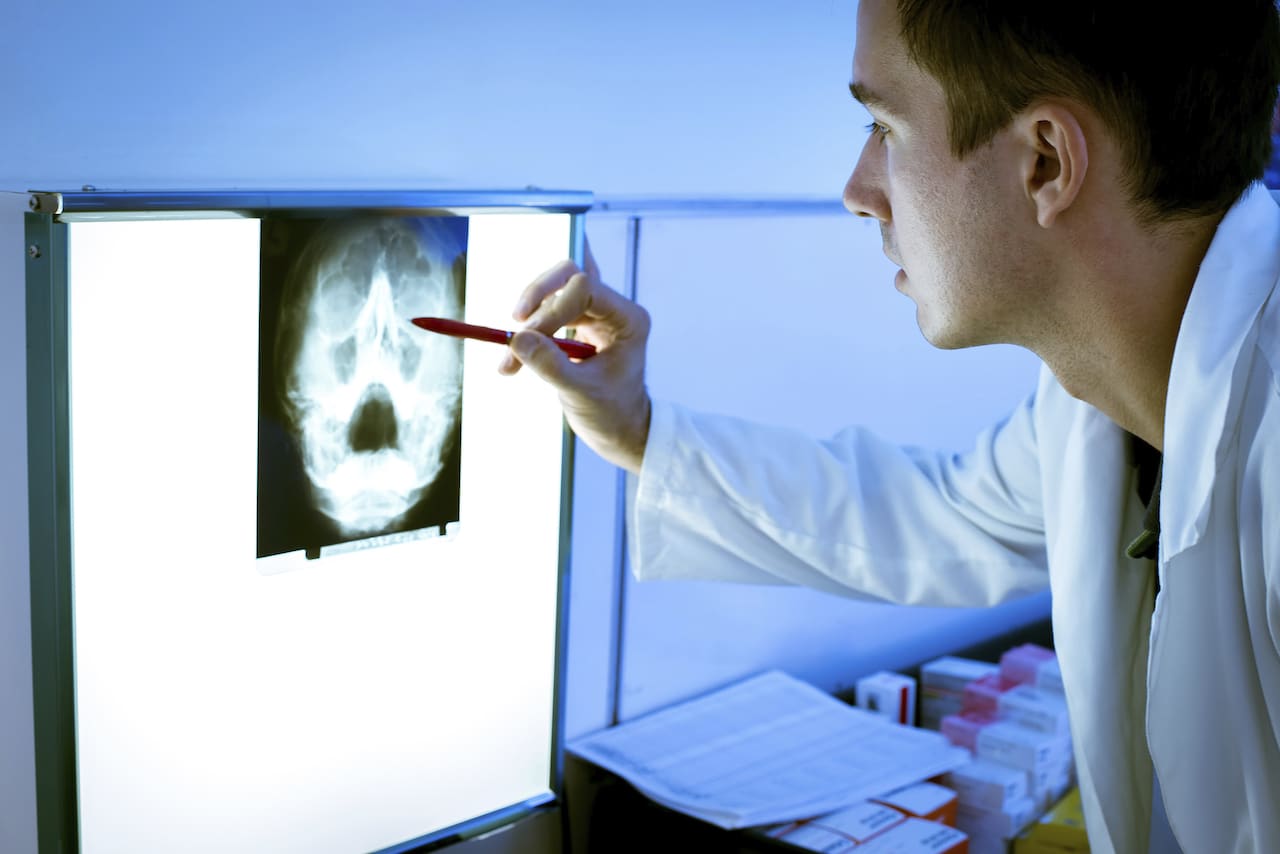The following information is written by the Oracle Voices patients and carers group based on their own experiences and information gathered.
Head and Neck Cancer Diagnosis Appointments
You will generally be referred to and seen by a specialist Ear, Nose and Throat clinic at your local hospital. If tests have shown that you have a diagnosis of head and neck cancer, the team will arrange for further tests to establish the exact location and staging of the cancer so a treatment plan can be established. You will then usually see a Surgeon and/or Oncologist who specialise in Head and Neck cancers.

Preparing for meeting your consultant
At your initial consultations if at all possible take someone with you to take notes. Ask if you can record the conversation on your phone. Your head will be all over the place as getting told you have cancer can be quite daunting and frightening.
Write questions down in duplicate one for yourself and one for your Consultant.
- Don’t leave the consultation until you feel clear in your own head, what your diagnosis is. Often you don’t get told your treatment plan until the next stage.
- Don’t feel rushed and don’t be afraid, Head and Neck cancers respond well to treatment.
- You may have a few diagnostic tests (see below) and meetings including a pre-operation meeting. These are all to better guide and understand what treatment needs to take place.
- In many cases initial diagnosis is at your local hospital then you go to a cancer centre.
MDT (Multi Disciplinary team) meeting
An MDT (Multi Disciplinary team) meeting takes place to discuss your biopsy results and what course of treatment will take place. The MDT meeting consists of your Oncologist, Surgeon, MacMillan or cancer nurse plus members of the SALT (speech and language team), Restorative Dentist and other allied health professionals.
Often there may be a delay as the Multi Disciplinary team only meets once a week. This is perfectly normal; try not to worry.
Diagnostics and Tests in clinic may include:
- A nasendoscopy is a diagnostic procedure that involves the examination using an endoscope. The medical team uses a thin, flexible tube with a camera at the end to look for tumours at the back of your mouth, nose, pharynx and larynx.
- A trans-nasal flexible laryngo-oesophagoscopy (TNFLO) may be used instead of an endoscopy if the patient is unable to have a general anaesthetic. It allows the doctor to look at your nose, throat, voice box and oesophagus.
Further diagnostics may include:
- Scanning with CT, MRI (and sometimes PET) will be required to assess the tumour and any local or distant spread of the disease.
- An ultrasound uses soundwaves to produce a picture of your neck and allows the radiographer to review the lymph nodes on a screen. Under ultrasound guidance a tissue sample may also be taken with a fine needle.
Procedures under sedation or General Anaesthesia:
- An upper GI endoscopy is a longer endoscope that may be required to identify tumours further down in the upper oesophagus.
- Microlaryngoscopy / pharyngoscopy/ oesophagoscopy under a General Anaesthetic may be required for further assessment and to take tissue samples (biospies) for diagnosis.
Members of the MDT
A team of specialists meet to talk about the best treatment for you. This team is called a multidisciplinary team (MDT). The MDT for Head and Neck cancer may include the following healthcare professionals:
The MDT often includes other healthcare professionals, such as:
Want to get involved in Oracle´s aims and goals?
If you have direct, lived experience of Head and Neck cancer as a patient or carer, or you may just be passionate about helping us ensure that there is greater understanding of these cancers in the wider population and that all voices are represented.
Please join our private Facebook Group to get support and advice from fellow patients and carers

